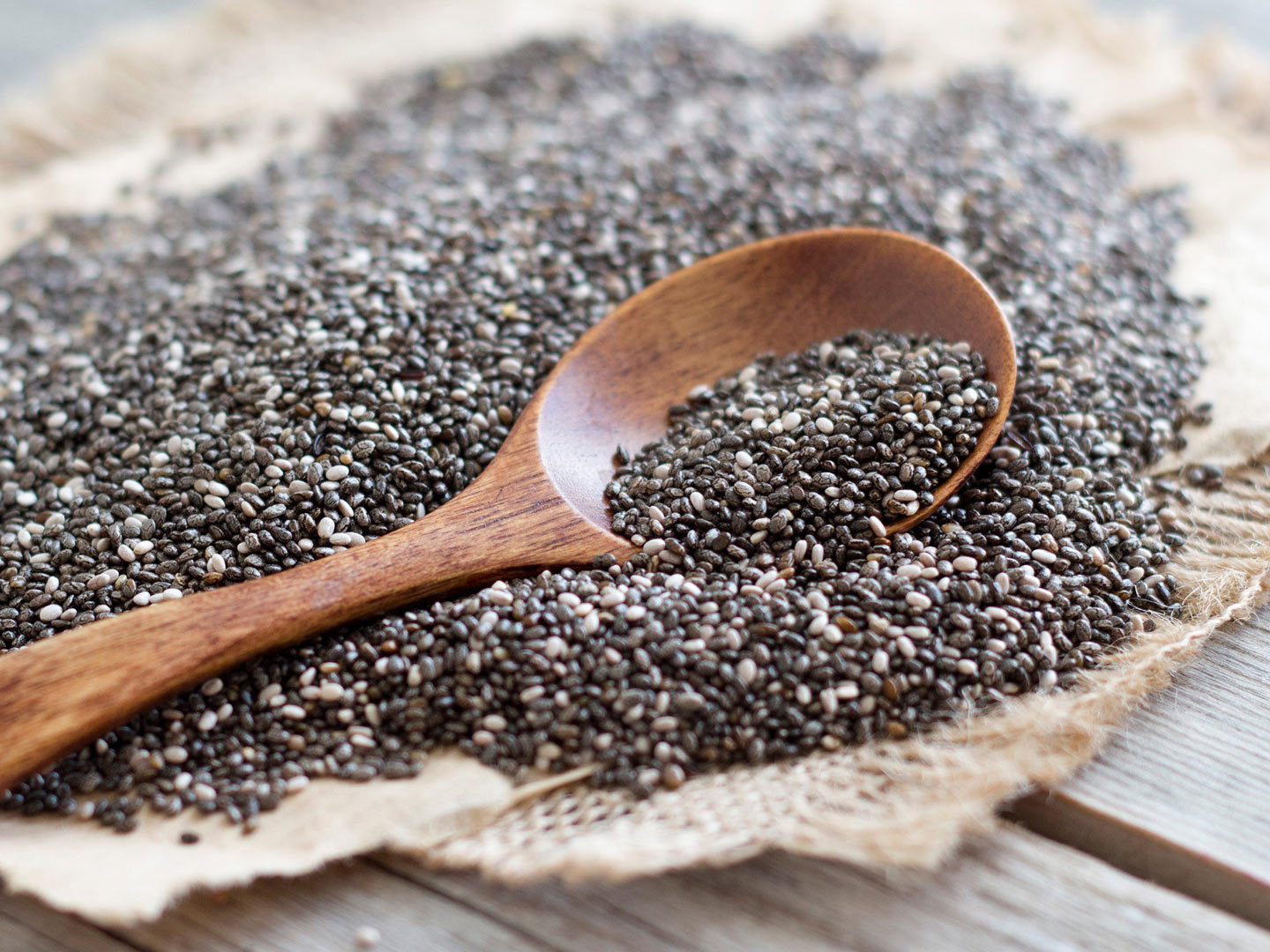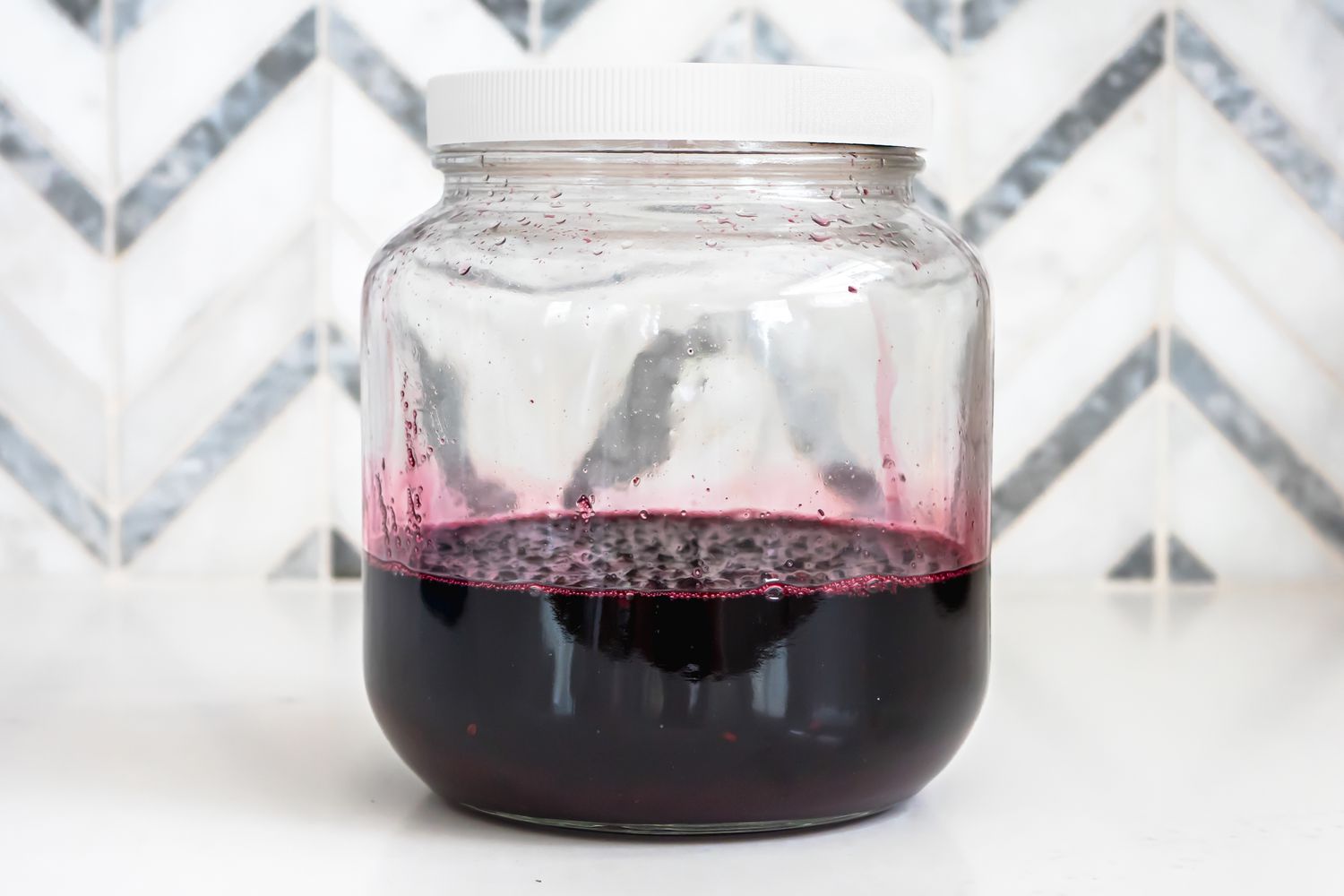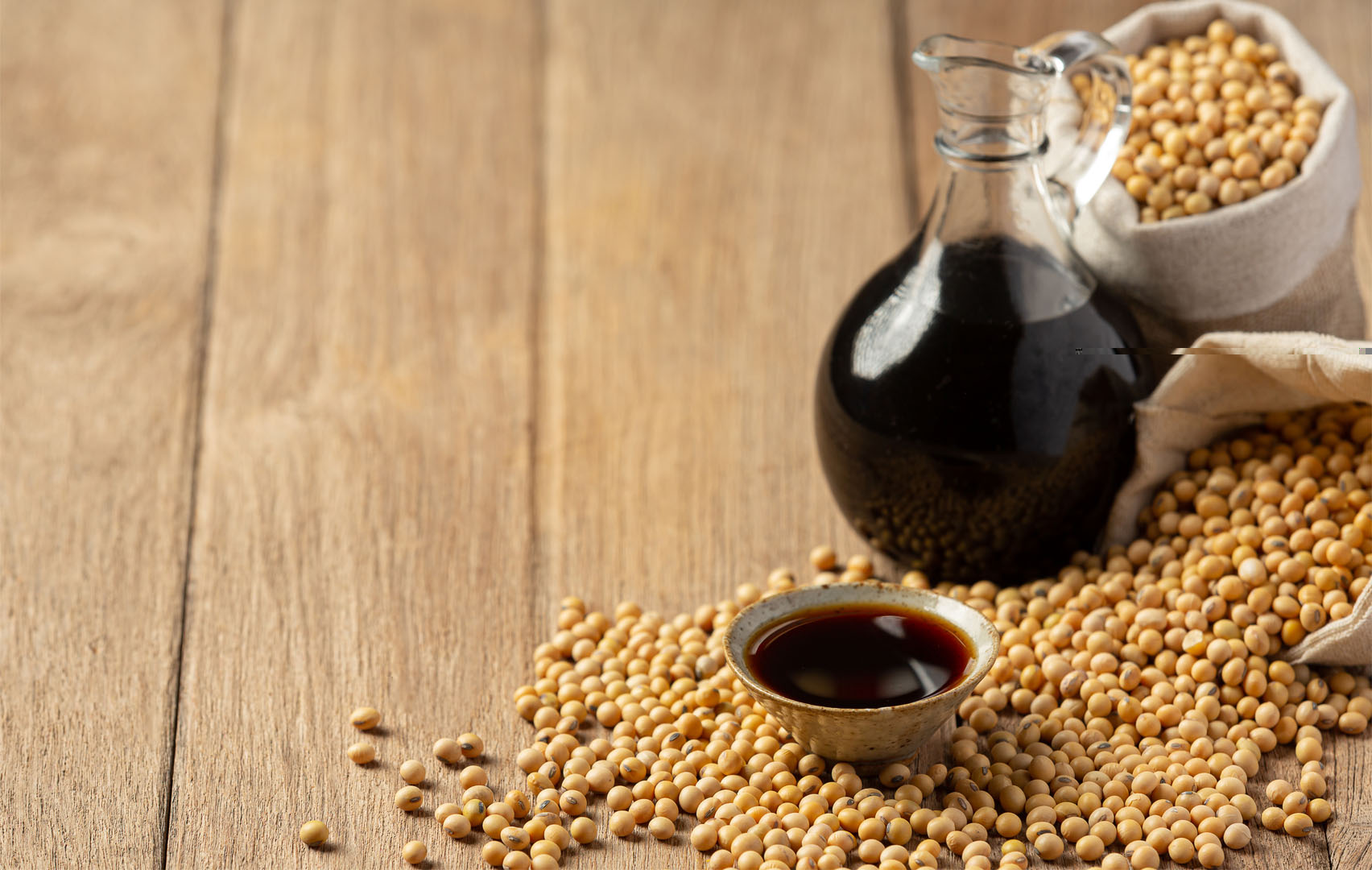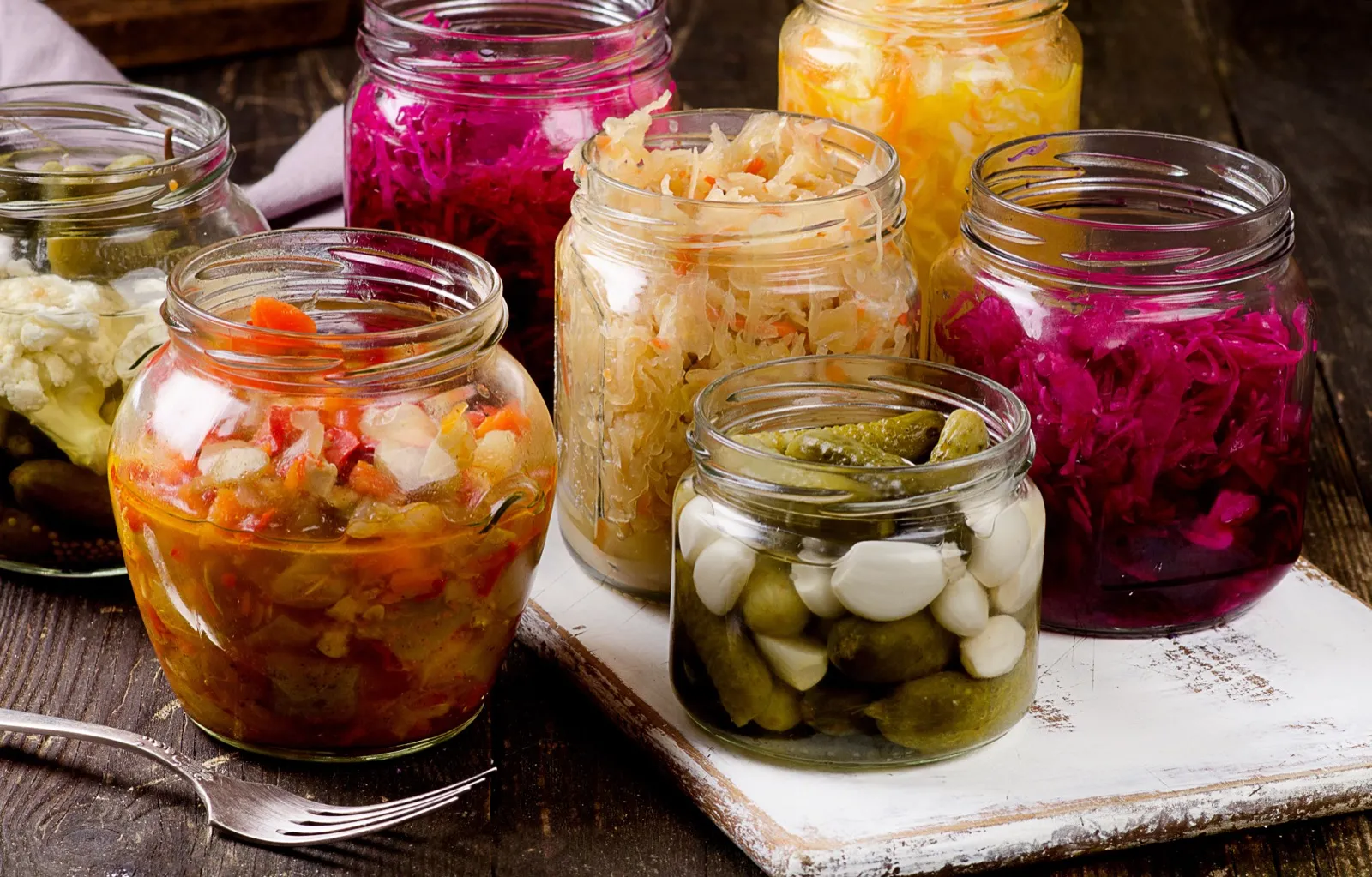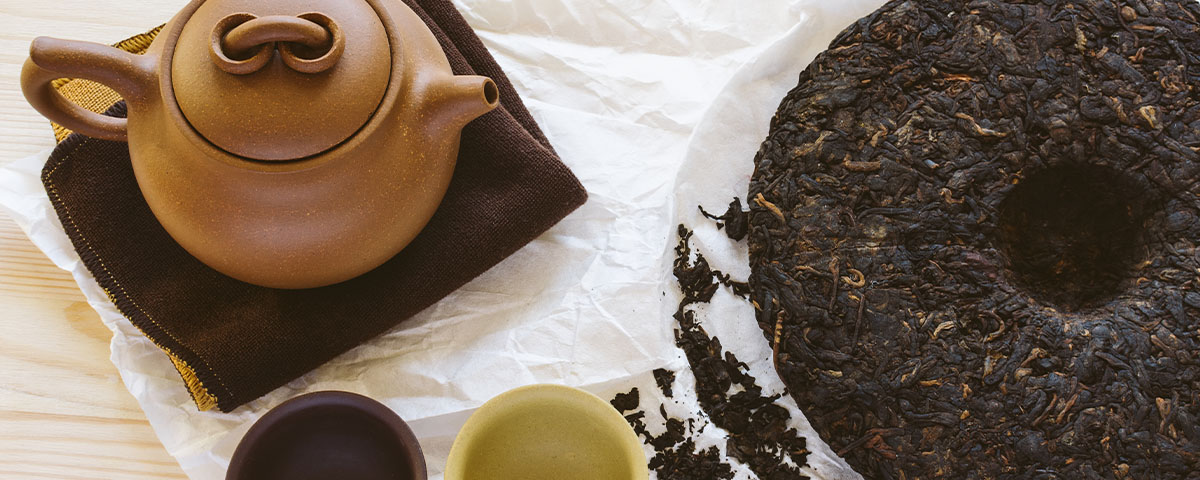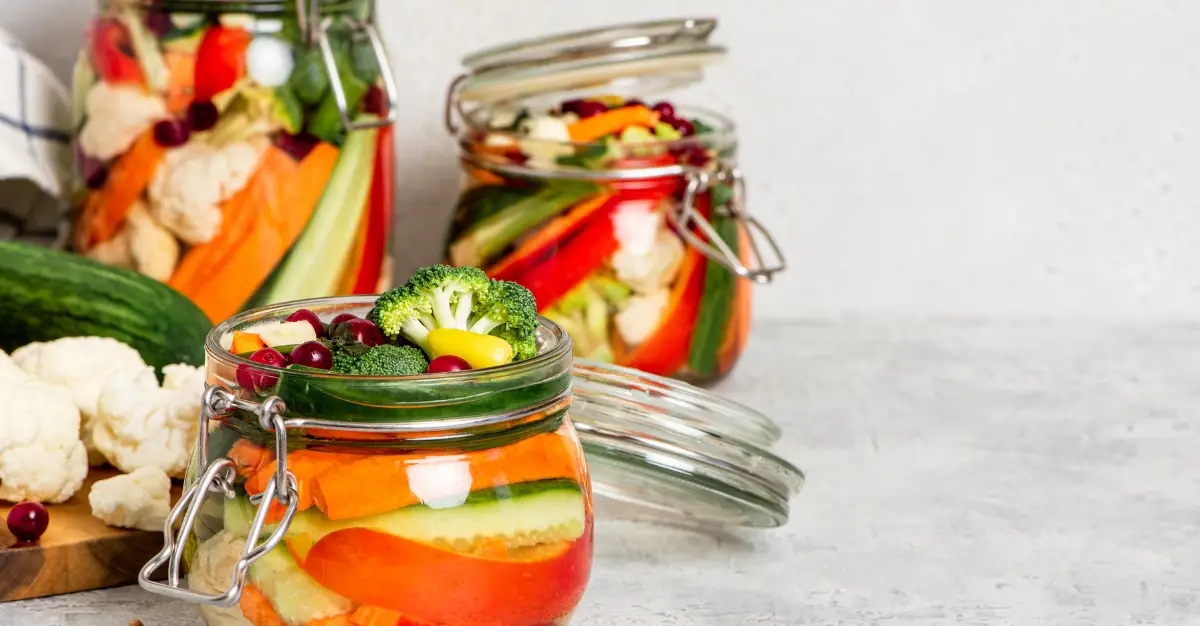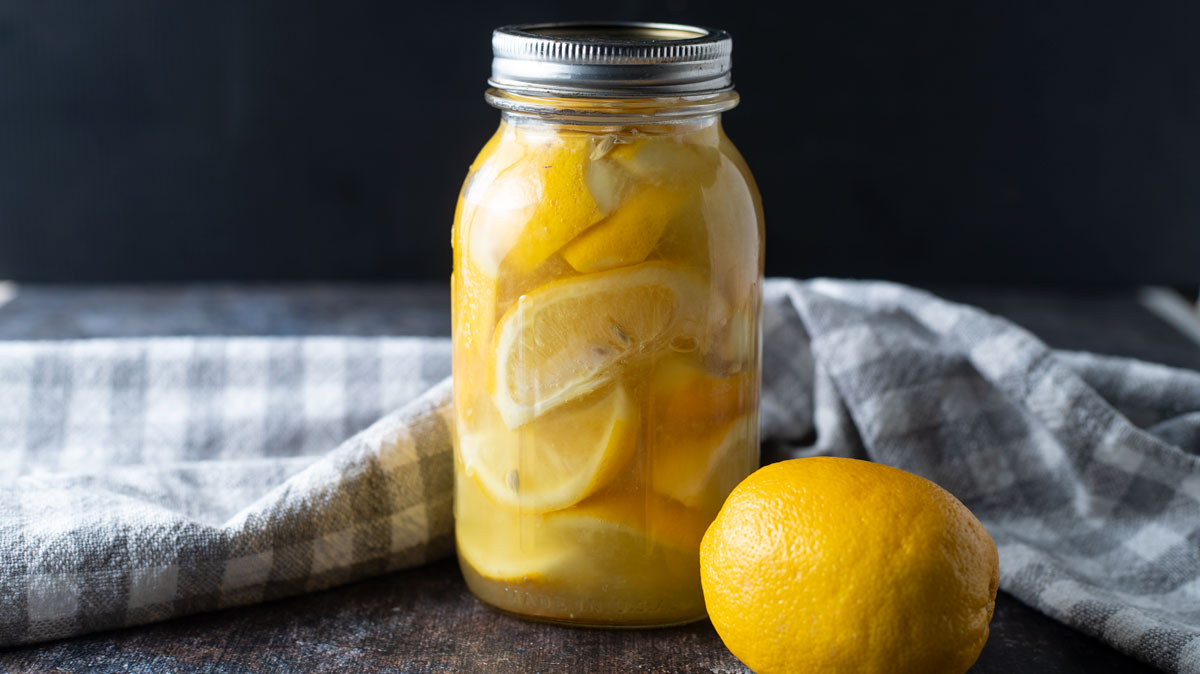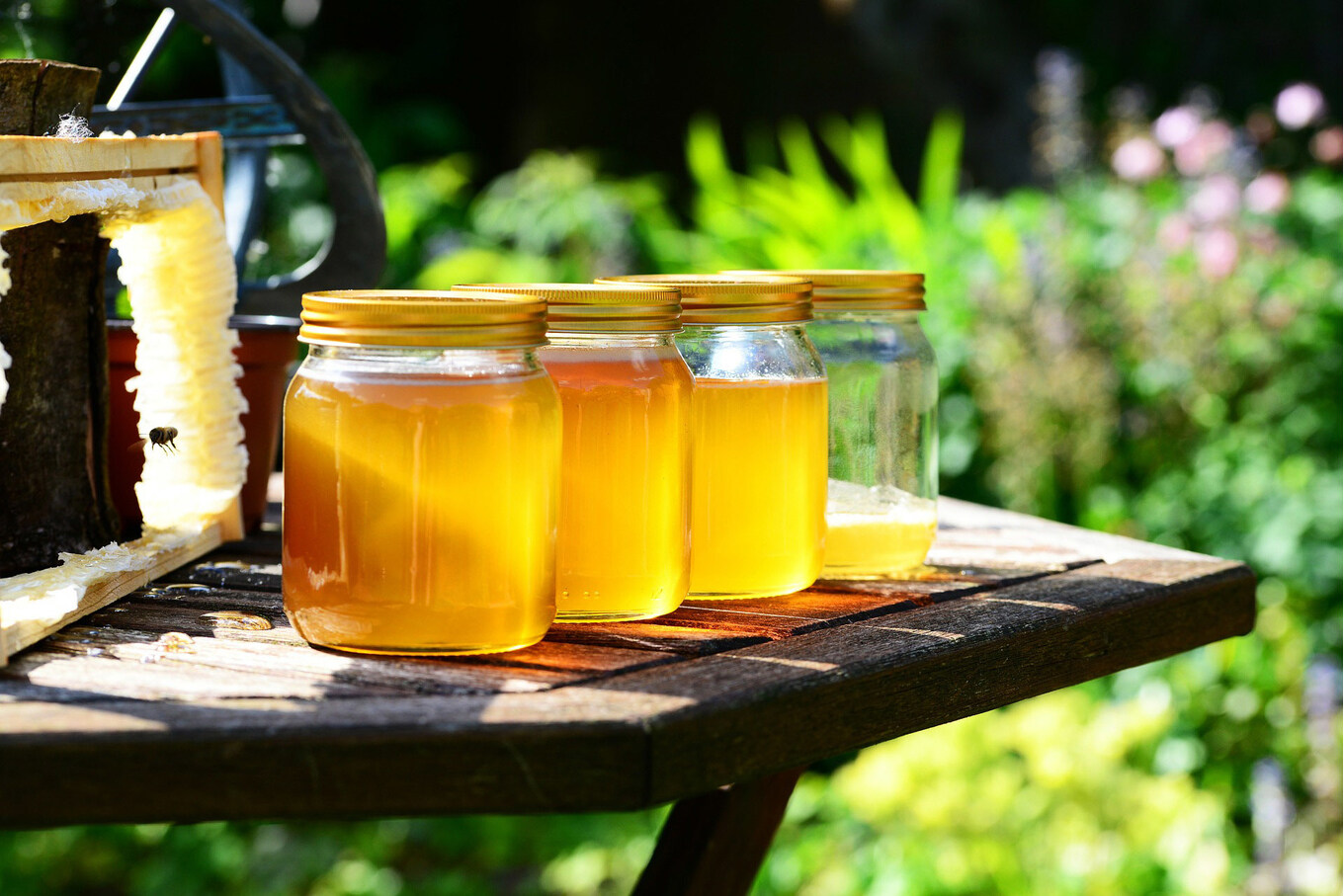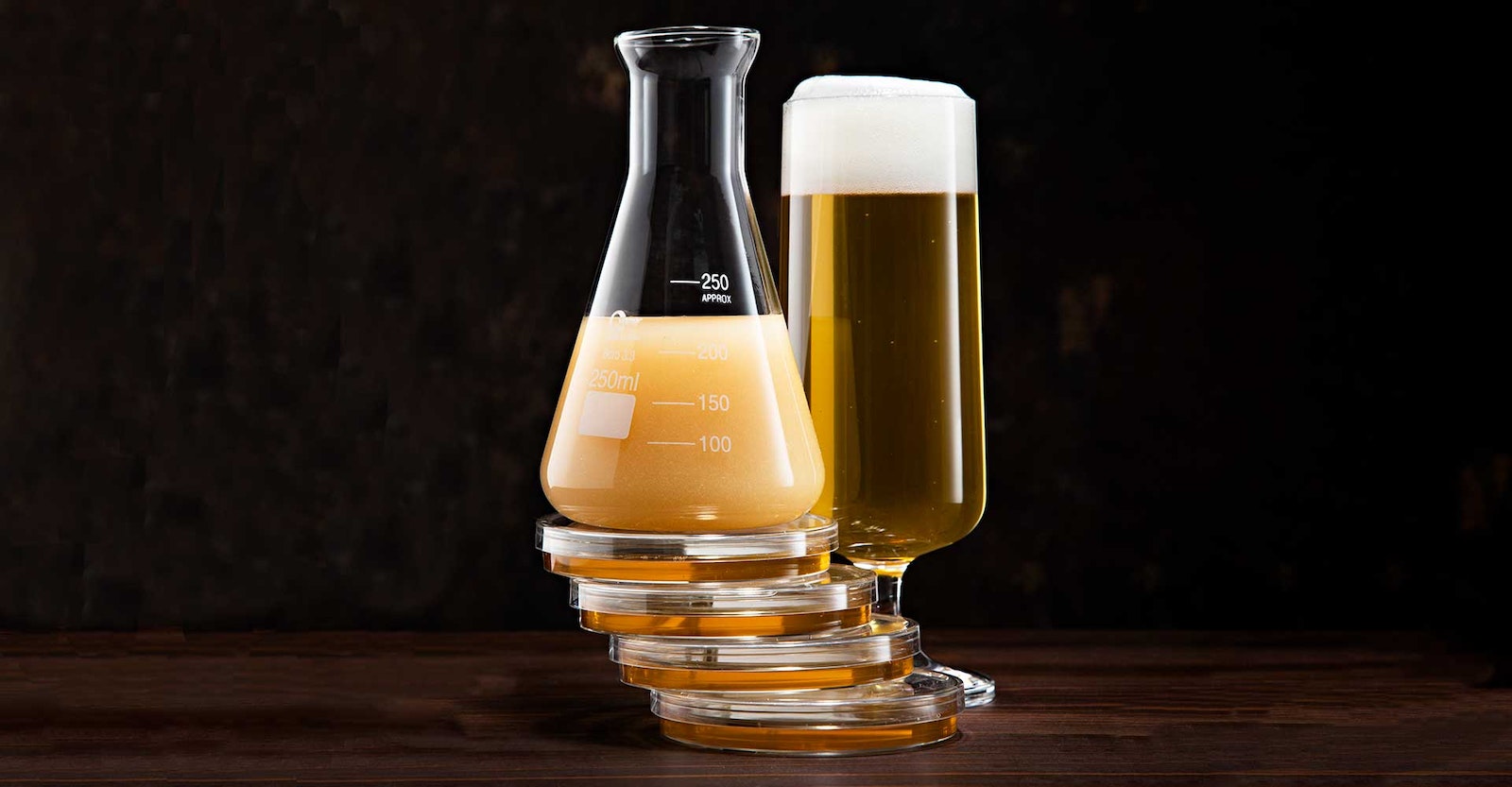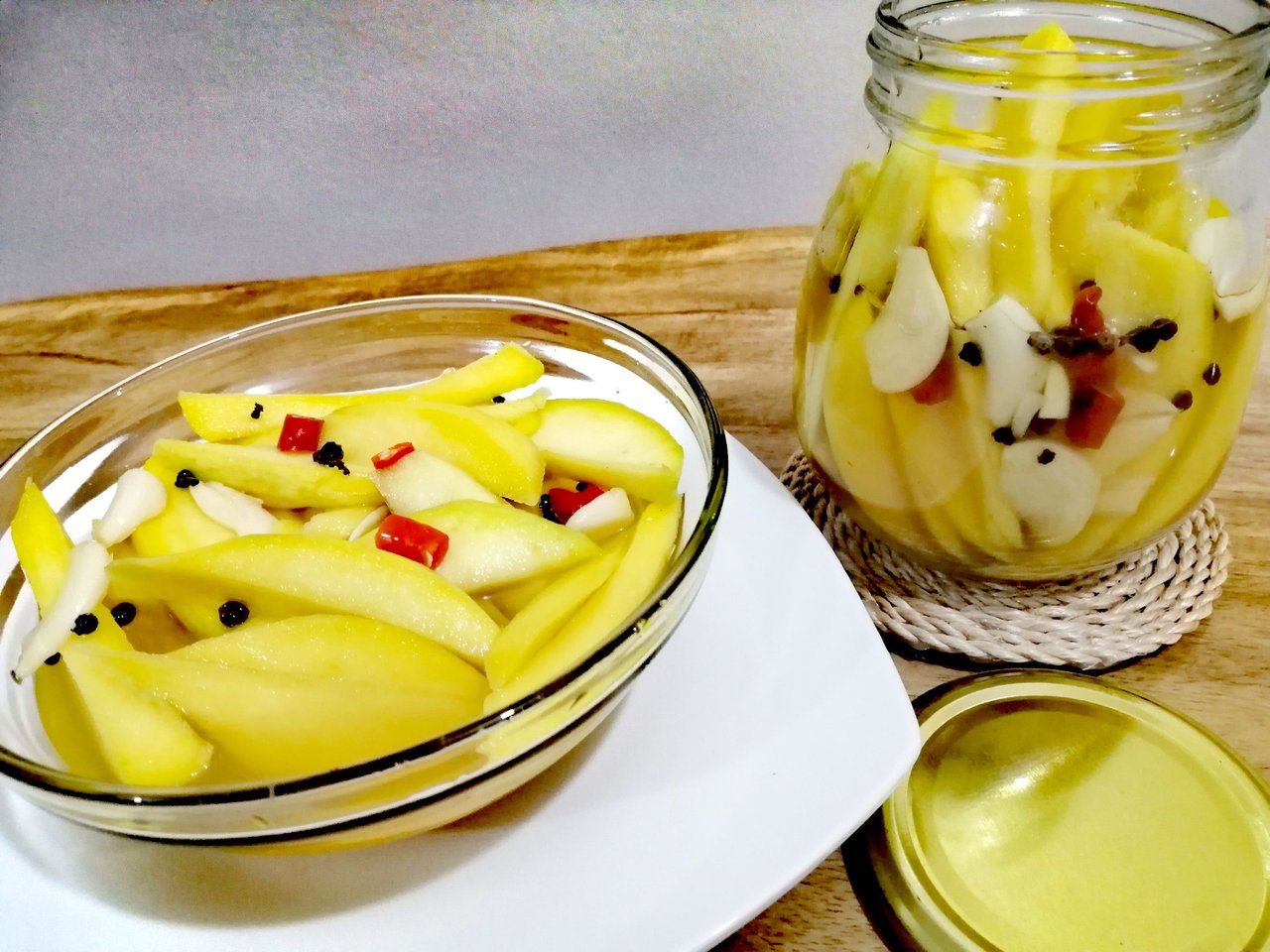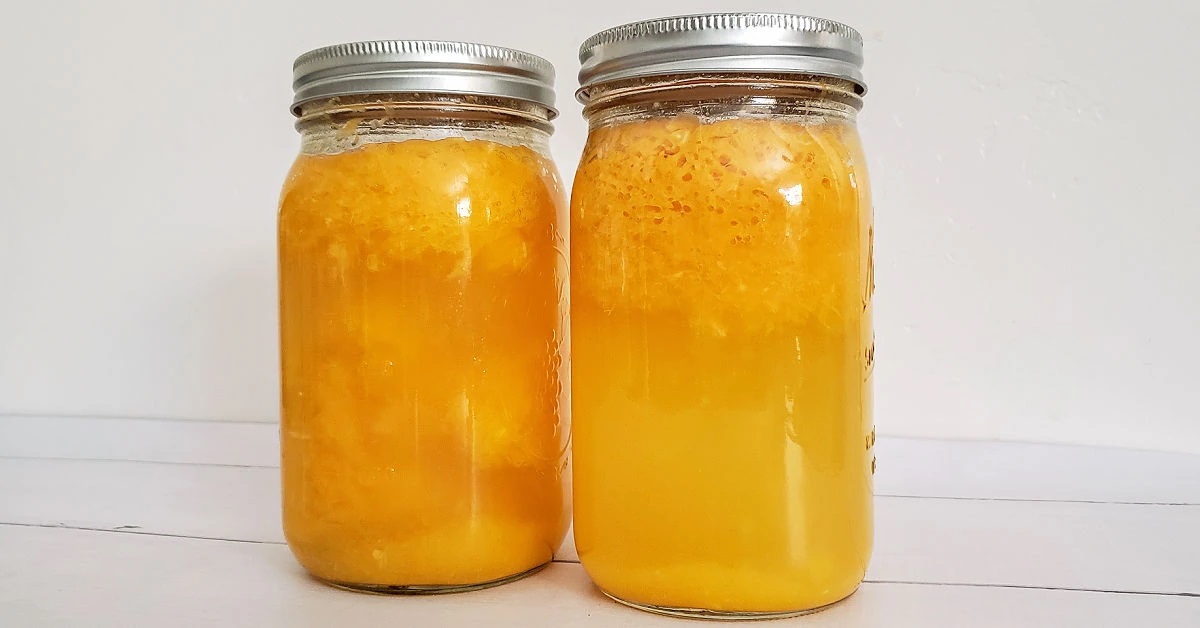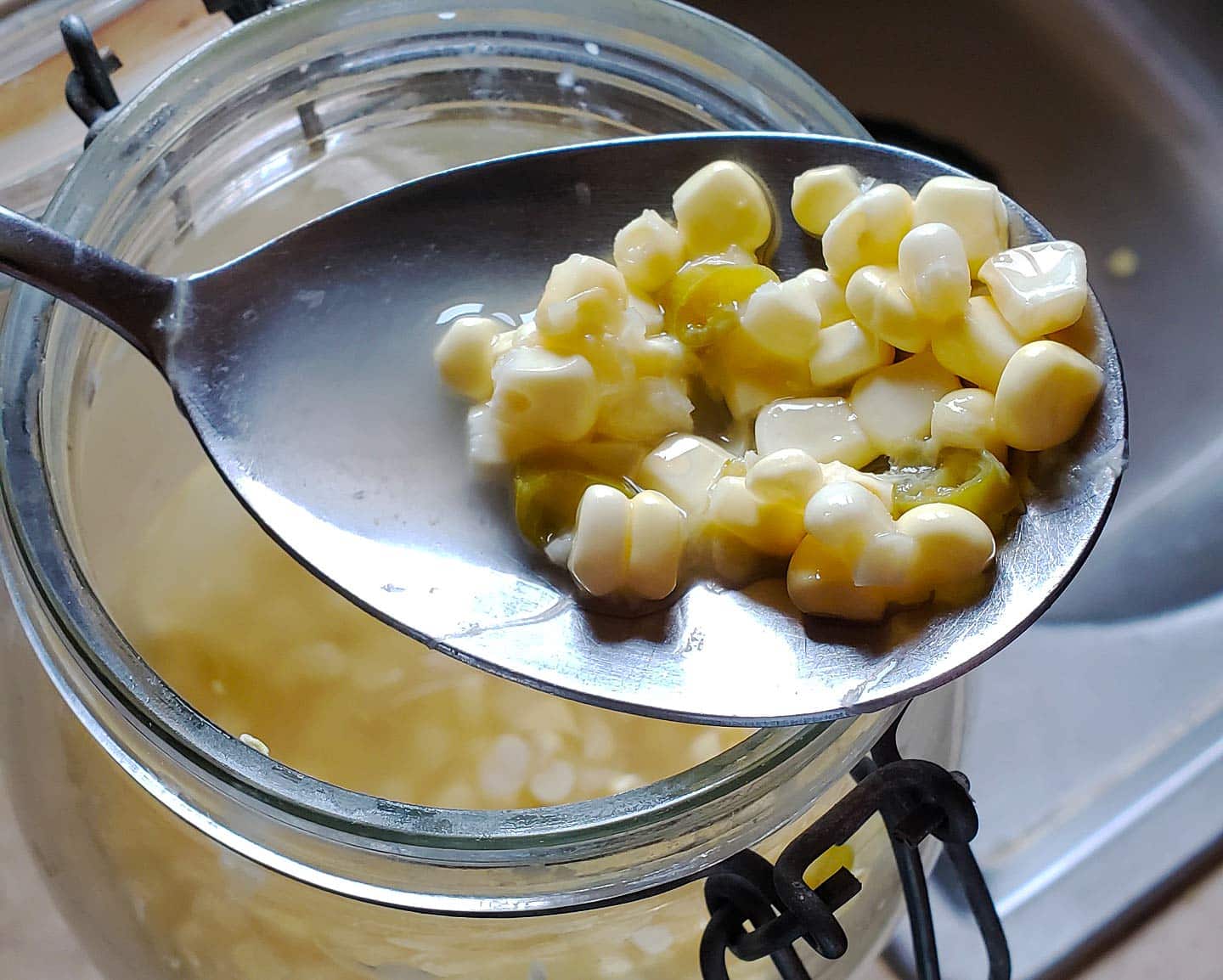Welcome to the World of Fermentation in Mason Jars
If you are looking to add some delicious and healthy fermented foods to your diet, fermenting in mason jars is a great way to get started. Whether you are a beginner or an experienced fermenter, using mason jars for fermentation can be a simple and effective method. In this article, we will guide you through the process of fermenting in mason jars and share some tips for success.
Choosing the Right Mason Jars
When it comes to fermenting in mason jars, choosing the right jars is essential. Look for wide-mouth mason jars, as they make it easier to pack and retrieve the fermented foods. Additionally, make sure the jars are clean and free from any cracks or chips that could affect the fermentation process.
Getting Started with Fermentation
Now that you have your mason jars ready, it’s time to start fermenting. Here’s a simple step-by-step guide to get you started:
- Prepare the Ingredients: Whether you’re fermenting vegetables, fruits, or dairy, make sure to prepare the ingredients by washing and cutting them into the desired size.
- Add the Brine: For vegetable fermentation, prepare a brine solution using water and salt. The brine should be salty to taste, similar to seawater.
- Pack the Jars: Pack the prepared ingredients into the mason jars, leaving some space at the top to allow for expansion during fermentation.
- Add Weights: To keep the ingredients submerged in the brine, consider using fermentation weights or a small, clean plate that fits inside the jar.
- Seal the Jars: Close the mason jars with their lids, but remember not to tighten them too much as the gases produced during fermentation need to escape.
- Wait for Fermentation: Place the sealed jars in a dark, room-temperature spot and allow the fermentation process to work its magic. Check the jars periodically to ensure everything is progressing as expected.
- Taste and Store: Once the fermentation is complete, taste the fermented foods to ensure they have the desired flavor. Then, transfer the jars to the refrigerator to slow down the fermentation process.
Tips for Successful Fermentation
Fermenting in mason jars can be a fun and rewarding process, but it does require some care and attention. Here are some tips to help ensure successful fermentation:
- Use Quality Ingredients: Start with fresh, high-quality ingredients to achieve the best results.
- Keep it Clean: Ensure that your mason jars, utensils, and work surfaces are clean to prevent any unwanted bacteria from interfering with the fermentation process.
- Monitor the Fermentation: Keep an eye on the jars during the fermentation process to ensure everything is proceeding as it should.
- Be Patient: Fermentation takes time, so be patient and allow the process to work its magic.
- Experiment with Flavors: Don’t be afraid to experiment with different ingredients and flavors to create unique fermented foods.
Enjoy the Fruits of Your Fermentation
Once you have mastered the art of fermenting in mason jars, you can enjoy a wide variety of delicious and nutritious fermented foods. From tangy sauerkraut to probiotic-rich yogurt, the possibilities are endless. So, grab your mason jars and start fermenting your way to flavorful and healthy creations!
Remember, the key to successful fermentation is practice and patience. With a little time and experimentation, you’ll be able to create your own signature fermented foods that will delight your taste buds and support your overall well-being.
Happy fermenting!
